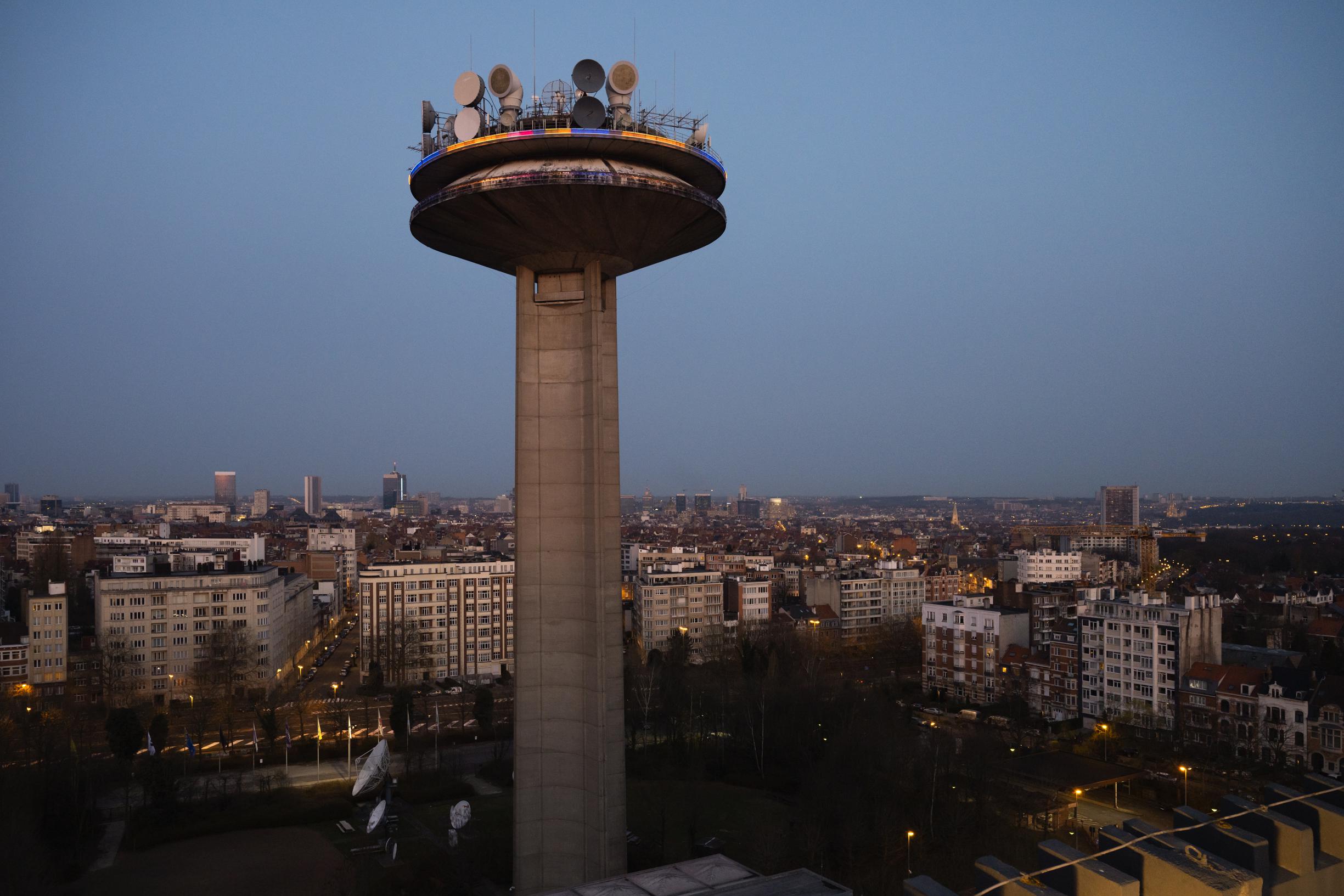The VRT management has today presented its transformation plan, which includes a number of major interventions. For example, 116 employees are fired, 50 leavers are not replaced and the production of the popular soap Home will be outsourced.
–
The VRT has to save about 25 million euros as a result of the new management agreement. The broadcaster will do this by, among other things, saving on personnel. The broadcaster will have to make do with ‘more than 200 fewer people’, about a tenth of the staff. The VRT announces this on its site. Among others, 50 ‘leavers’ – people who retire or leave voluntarily – will not be replaced. In addition, 116 employees will be made redundant. Partly due to the automation of studios, it is no longer necessary to maintain certain jobs.
The transformation should be completed by 2025, but management plans to do most of that effort as early as next year. ACV trade unionist Carlos Van Hoeymissen says to Belgian that about eighty percent of naked layoffs will fall next year. ‘What the final plan will look like will ultimately depend on the negotiations with the unions in the coming weeks and months,’ says the VRT.
Elsewhere better for Home
A striking measure is that the production of the soap Home is outsourced. The 70 employees involved there have to transfer to another company. The internal production house is being reformed. What it does must ‘closely match the mission of the VRT’.
Another cornerstone of savings is ‘closer monitoring of expenses and income’. By this the management means that it wants to negotiate contracts more sharply. ‘VRT’s own products will be marketed better. Together that should yield several million euros’, reports the VRT website.
Multimedia future
The transformation plan also talks about digitization. With a budget of 16 million euros, the public broadcaster wants to invest in training to make the multimedia plans a success. He is also looking for ’30 new digital or multimedia profiles’.
According to the VRT management, the plan ensures the future of public broadcasting in Flanders and Brussels. ‘The plan is far-reaching, but only in this way can the VRT fulfill its public mission in the future,’ says Frederic Delaplace, CEO of the VRT.
The board of directors says that doing nothing was not an option. ‘It is the first time in years that a total plan has been received’, says chairman Frieda Brepoels (N-VA). She would rather talk about a transformation plan than a savings plan. ‘It ensures that the VRT can become even more effective in the future and can focus more on digitization.’ The board of directors has not yet decided on the naked layoffs, Brepoels states.
‘Stink for thanks’
“Today the VRT receives a stench from the Flemish government for thanks,” says Flemish MP Katia Segers of the opposition party Vooruit. ‘Between 2014 and 2025, the VRT’s workforce was reduced by 20 percent, while the range of tasks is becoming increasingly extensive and complex.’ She hopes for serenity in the social dialogue.
According to Flemish Member of Parliament Jos D’Haese (PVDA), the Flemish government breaks the promise with this plan that there would be no naked redundancies. At the beginning of last year, then VRT chairman Luc Van den Brande said that ‘no naked layoffs can be made’ because of the new course that the public broadcaster wants to follow.
The extreme right-wing opposition reacts moderately positively to the transformation plan. ‘This is a good first step towards a more efficient and effective public broadcaster that focuses on its core tasks,’ says Klaas Slootmans of Vlaams Belang. Only outsourcing the production of Home the party finds little substantiated. Vlaams Belang wants a ‘much more decisive approach’. For example, they question whether it is the core task of the public broadcaster to ‘compete with taxpayers’ money with the private sector to make entertainment programs, steal screen faces and acquire broadcasting rights for sports matches’.

